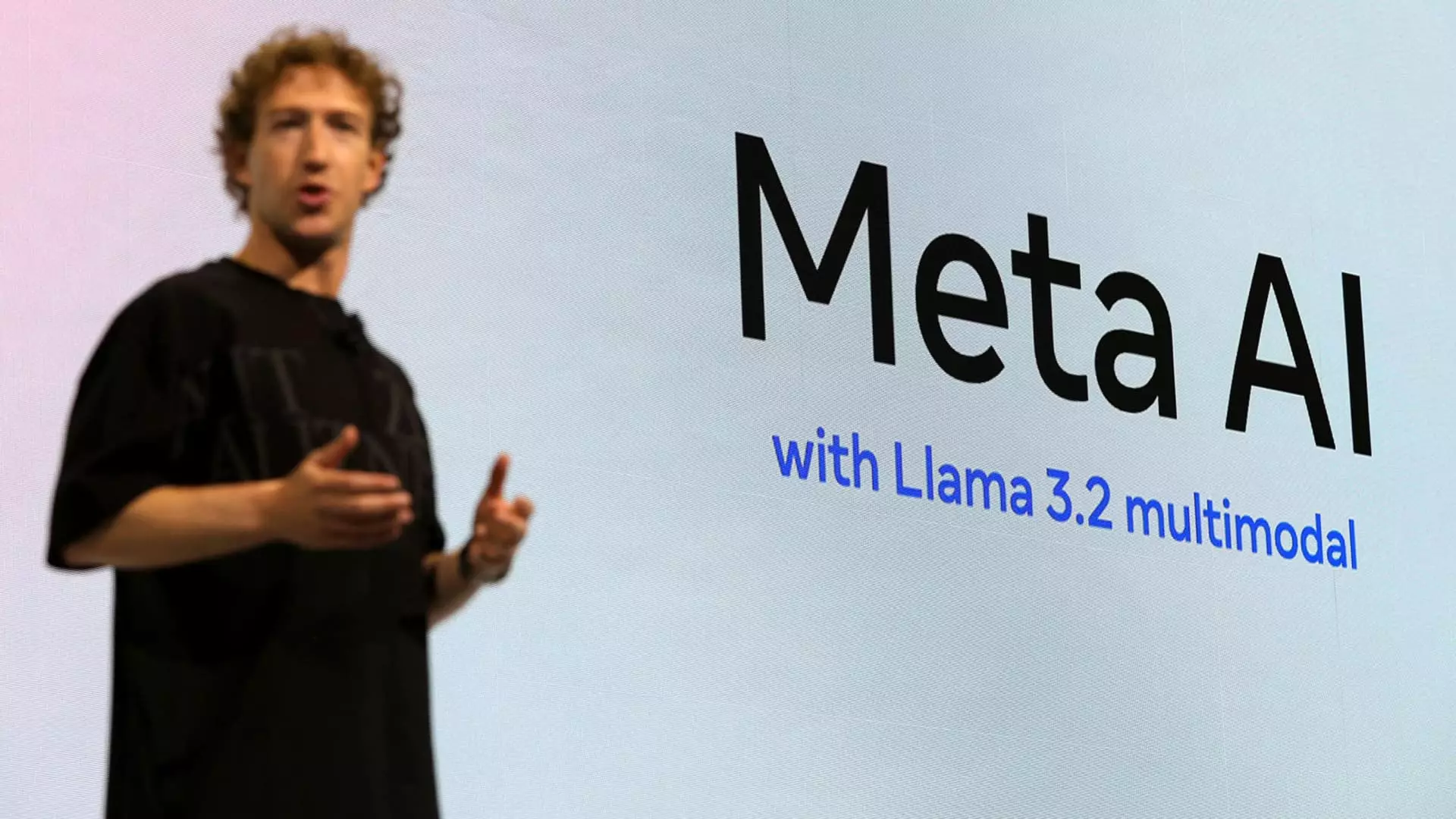The recent ruling in favor of Meta against a coalition of thirteen authors, including prominent figures such as Sarah Silverman and Ta-Nehisi Coates, sheds light on the contentious intersection of artificial intelligence (AI) and copyright law. While U.S. District Judge Vince Chhabria’s decision is a notable victory for Meta, it raises critical questions about the ethical implications of using literary works without explicit permission. At the heart of this case is whether the fair use doctrine of copyright law can adequately protect both the rights of authors and the interests of technological advancement.
The ruling emphasized that the authors failed to convincingly argue that Meta’s use of their works to train the Llama AI model caused “market harm.” This point strikes at the core of the fair use debate: is it enough for a corporation like Meta to leverage the transformative potential of AI by employing existing works, or does this act infringe on the rights of creators? Chhabria’s conclusion that Meta’s actions were covered under the fair use doctrine may provide a legal shield, but it does little to assuage the concerns of many creators whose livelihoods rely on the market value of their intellectual property.
Caveats and Consequences of the Ruling
Judge Chhabria was careful to note that this ruling was specific to the thirteen plaintiffs involved in the case, leaving the door ajar for other authors to pursue similar litigation against Meta. The limitations set by the judge raise an intriguing dynamic: while this decision advances the narrative of AI innovation, it does not provide a blanket endorsement for companies like Meta to exploit copyright material indefinitely without consequence. Authors whose works were not considered in this case still face the looming threat of their creations being appropriated for AI training without compensation.
Moreover, Chhabria’s acknowledgment of the plaintiffs’ failure to tie Meta’s actions to market harm suggests that a more significant conversation about copyright in the AI space is desperately needed. If transformative use is now a valid defense against copyright infringement, how can authors protect their works from being used in a way that may dilute their market value? As AI continues to evolve and increasingly integrates into various sectors, the need for clear legal parameters that respect creators’ rights has never been more pressing.
AI, Market Dynamics, and Authorial Voice
The implications of this ruling extend far beyond the courtroom. It is indicative of a broader cultural landscape where technological advancements can rapidly outpace regulatory frameworks. Meta’s argument that a ruling against them would be a hindrance to innovation may resonate with those who see the potential benefits of AI in various industries, yet it raises concerns about the cost of progress for authors and content creators.
Furthermore, with the judge’s remarks suggesting that the “public interest” would be compromised if companies could not utilize copyrighted texts as training data, one must question whose interests are truly being served. The advancement of AI technologies should not come at the expense of the individual’s rights to control and benefit from their creative output. This dichotomy between innovation and authorship points to an unsettling trend where the voice of creators becomes drowned out in the cacophony of emerging technologies.
Future Legal Landscape for AI Training and Copyright
As indicated by the ongoing debate surrounding other cases in the sector, including those involving Anthropic, the landscape of AI training and copyright is fraught with complexity. The courtroom may yet become a battleground for further clarification on what constitutes fair use in the context of AI. As this area of law evolves, it will become increasingly critical for authors and content creators to stay informed and engaged in the discussions that shape how their works are treated in an age dominated by AI.
The question of whether AI will empower or erode the rights of individual creators remains unresolved. The ruling in favor of Meta sends a message of validation for companies leveraging AI creativity, but it also underscores the urgent need for a balanced approach that safeguards authors’ rights. As society stands at this crossroads, the dialogue about copyright, creativity, and ethical AI use must continue, demanding careful consideration of the long-term ramifications on artistic expression and ownership rights.

